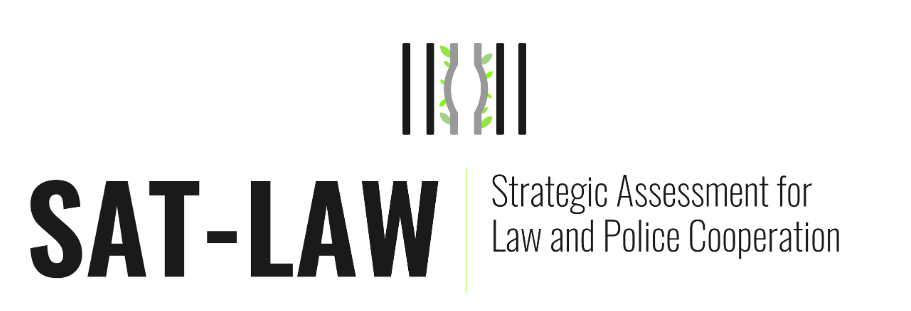Abstract
This article analyses a pending constitutional question before the Italian Constitutional Court concerning the compatibility of Articles 18 and 18-bis of Law 69/2005—implementing the EU Framework Decision 2002/584/JHA on the European Arrest Warrant (EAW)—with Articles 2 and 32 of the Italian Constitution, which protect the rights to personal inviolability and health. The case originated from the Milan Court of Appeal’s execution of an EAW issued by Croatia for an Italian citizen suffering from a severe mental illness. While Italian law provides for conditional surrender and temporary suspension of surrender on humanitarian grounds, the Court questioned whether these provisions sufficiently safeguard the fundamental rights of the individual, especially in light of the lack of an adversarial procedure and appeal mechanisms. Drawing from both Italian constitutional principles and European legal instruments—including Framework Decision 2009/829/JHA on alternative supervision measures—the article argues that the absence of a specific refusal ground based on health risks may lead to constitutional illegitimacy. If confirmed, the Constitutional Court’s decision would mandate refusal of surrender in such cases and encourage the use of non-custodial measures, reinforcing the principles of proportionality, individual rights, and mutual recognition within the EU legal framework.
January, 20 2021.
Judicial Cooperation


